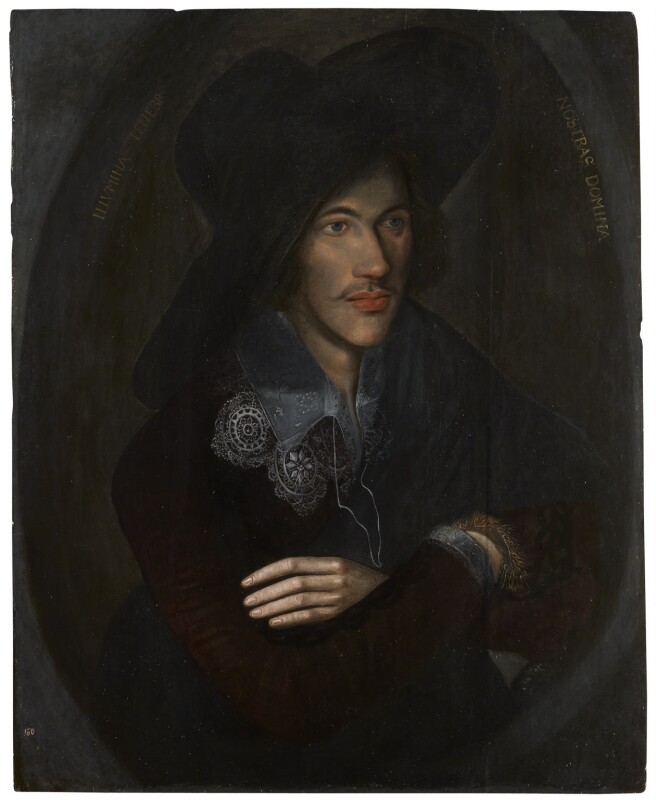Meditações VII
John Donne Frases famosas
“Nenhuma beleza primaveril ou de verão tem tanta graça como vi em uma face outonal.”
No spring, nor summer beauty hath such grace As I have seen in one autumnal face
"The Autummal" in "Poems of John Donne", Volume 1 - Página 117, John Donne - Lawrence & Bullen, 1896
Variante: Ninguém é uma ilha em si mesmo. Cada um é uma porção do continente, uma parte do oceano.
Like pictures, or like books' gay coverings made for laymen, are all women thus array'd themselves are only mystic books, which we —whom their imputed grace will dignify — must see reveal'd.
Elegy XX
Citado por Caetano Veloso em Elegia
Citado por Belchior em Carta de Fã
John Donne: Frases em inglês
A Valediction Forbidding Mourning, stanza 6
No. 80, preached at the funeral of Sir William Cokayne, December 12, 1626
LXXX Sermons (1640)
No. 3, preached on Christmas Day, 1625
LXXX Sermons (1640)
A Valediction Forbidding Mourning, stanza 7
“The Sestos and Abydos of her breasts
Not of two lovers, but two loves the nests.”
No. 18, Love's Progress, line 61
Elegies
“She, and comparisons are odious.”
No. 8, The Comparison, line 54. Compare: "Comparisons are odious", John Fortescue, De Laudibus Leg. Angliæ, Chap. xix; "Comparisons are odorous", William Shakespeare, Much Ado About Nothing, act iii, scene v
Elegies
IV. Mediscque Vocatur; The physician is sent for.
Devotions Upon Emergent Occasions (1624)
“How deepe do we dig, and for how coarse gold?”
Meditation 13
Devotions Upon Emergent Occasions (1624)
VI. Metuit. The physician is afraid
Devotions Upon Emergent Occasions (1624)
Song (Go and Catch a Falling Star), stanza 1
Poem Present in Absence http://www.bartleby.com/101/197.html
Attribution likely but not proven http://links.jstor.org/sici?sici=0026-7937(191107)6%3A3%3C383%3ATAO%22HT%3E2.0.CO%3B2-B
“I do nothing upon myself, and yet am mine own executioner.”
Meditation 12
Devotions Upon Emergent Occasions (1624)
“Batter my heart, three-personed God; for you
As yet but knock, breathe, shine, and seek to mend.”
No. 14, line 1
Holy Sonnets (1633)
Modern version: No man is an island, entire of itself; every man is a piece of the continent, a part of the main; if a clod be washed away by the sea, Europe is the less, as well as if a promontory were, as well as if a manor of thy friends or of thine own were; any man's death diminishes me, because I am involved in mankind; and therefore never send to know for whom the bell tolls; it tolls for thee.
Meditation 17. This was the source for the title of Ernest Hemingway's novel.
Devotions Upon Emergent Occasions (1624)
The Ecstasy, line 45
